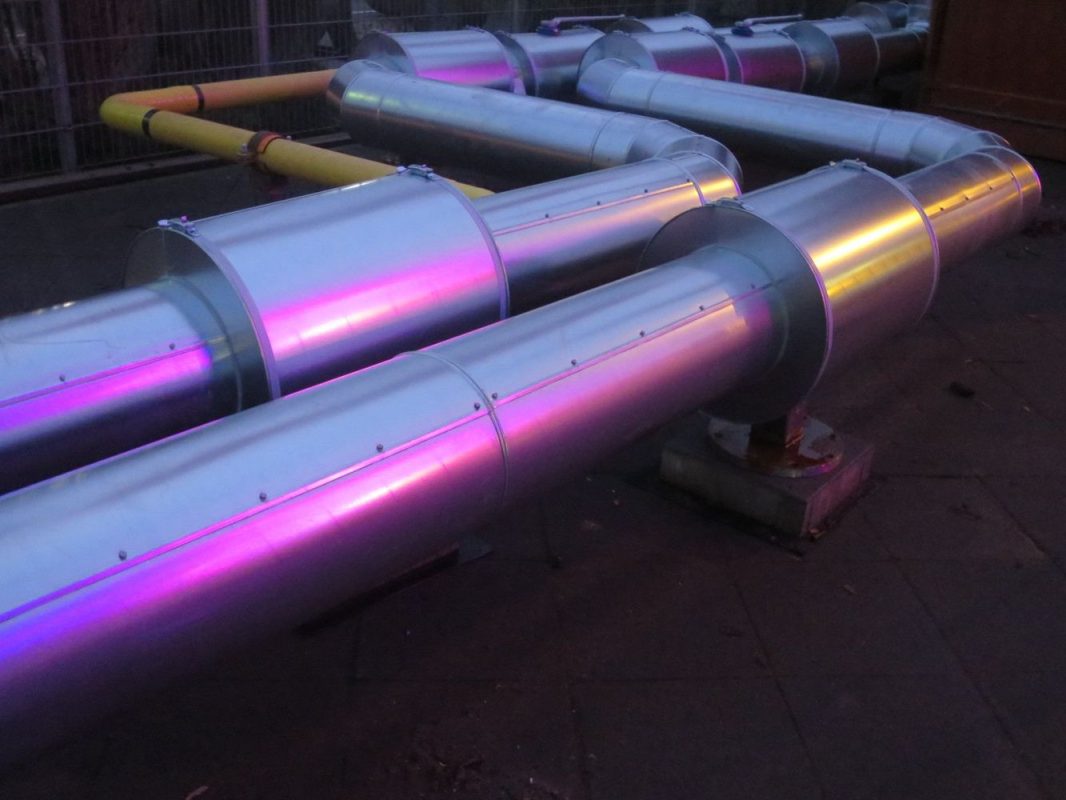In this latter sense, logistics indexes the subordination of production to the conditions of circulation, the becoming-hegemonic of those aspects of the production process that involve circulation. In the idealised world-picture of logistics, manufacture is merely one moment in a continuous, Heraclitean flux; the factory dissolves into planetary flows, chopped up into modular, component processes which, separated by thousands of miles, combine and recombine according to the changing whims of capital. Logistics aims to transmute all fixed capital into circulating capital, the better to imitate and conform to the purest and most liquid of forms capital takes: money. This is impossible, of course, since the valorisation process requires fixed capital outlays at some point along the circuits of reproduction, and therefore someone somewhere will have to shoulder the risk that comes with investing in immobile plant and machinery. But logistics is about mitigating this risk, it is about transforming a mode of production into a mode of circulation, in which the frequencies and channel capacities of the circuits of capital are what matters. In this the logistics revolution conforms to the hydraulic conception of capitalism outlined by Deleuze and Guattari in the 1970s, in which surplus value results not so much from the irreversible transformation of worked matter but from the conjunction of one flow (money) with another (labour).10 In this account, influenced by Fernand Braudel’s description of the origins of capitalism, and its revision by world-systems theory, capital is nothing so much as the commander of flows, breaking and conjoining various currents in order to create a vast irrigation and drainage of social power. Logistics turns solids into liquids — or at its extreme, into electrical fields — taking the movement of discrete elements and treating them as if they were oil in a pipeline, flowing continuously at precisely adjustable pressures.
read here
Foto: Bernhard Weber

